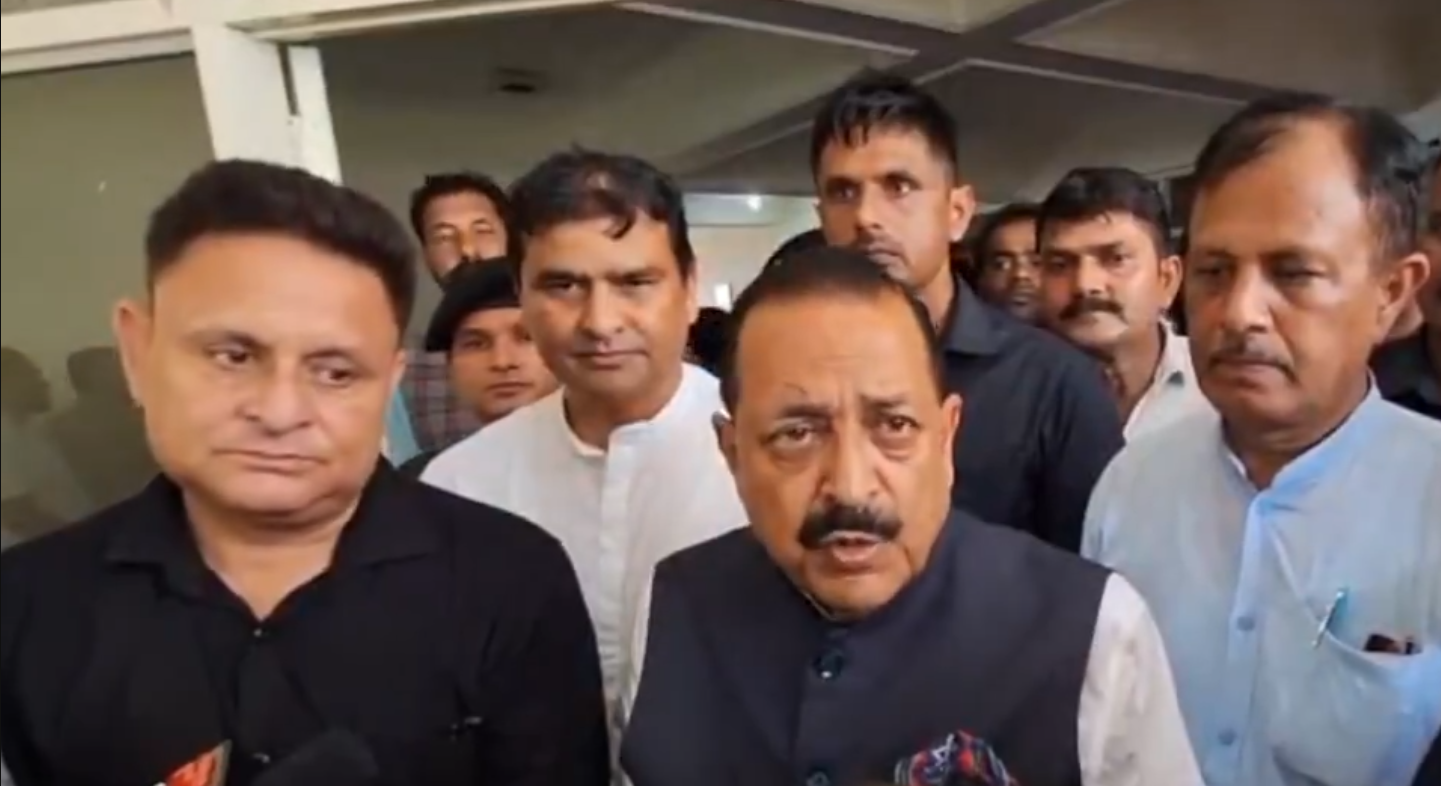New Delhi: Prime Minister Narendra Modi on Thursday said speed and scale have helped India increase its solar energy capacity by 32-fold in the last ten years and will eventually enable the nation to achieve its target of 500 GW of renewable energy by 2030.
In a video message to the International Solar Festival, Modi said, “In the past few years, India has taken many massive strides in green energy. We were the first G20 nation to achieve the Paris commitments in renewable energy”.
He explained that the remarkable growth of solar energy is a key reason for making this possible.
“Our solar energy capacity has increased 32-fold in the last ten years. This speed and scale will also help us achieve 500 GW non-fossil capacity by 2030,” he said.
Modi also suggested that the imbalance in the concentration of green energy investment needs to be addressed.
Manufacturing and technology need to be democratised to help developing countries, he said, adding that empowering least developed countries and small island developing states should be a top priority.
Inclusion of marginalised communities and youth is crucial for the development of the solar ecosystem, he pointed out.
Invoking Vedas to explain the importance of solar energy, Modi said, “The Vedas were composed thousands of years ago. One of the most popular mantras of the Vedas is about the Sun. Even today, millions of Indians chant it daily”. Many cultures across the world have revered the Sun in their ways. Most regions also have festivals related to the Sun.
This international Solar Festival bring the whole world together to celebrate the Sun’s impact. This is a festival that will help us build a better planet, he opined.
The two-day International Solar Festival organised by the International Solar Alliance (ISA) began on Thursday.
“In 2015, the International Solar Alliance (ISA) began as a small sapling. It was a moment of hope and aspiration. Today, it is growing into a giant tree inspiring policy and action,” Modi noted.
In such a short time, the membership of ISA has reached a milestone of 100 countries.
Additionally, 19 more countries are ratifying the framework agreement for attaining full membership, the Prime Minister said.
The growth of this organisation is important for the vision of ‘one world, one Sun, one grid’, he said.
Speaking on the occasion, Union Minister Pralhad Joshi said, “We used to pray, and worship the sun even during Mahabharata and Ramayana times. That is thousands of years ago”.
Joshi, also President of the ISA Assembly, noted that even today crore of Indians start their day with Suryanamskar.
He said, “We are applying our ancient wisdom through technological and policy advancements in solar energy”.
Despite India’s per capita CO2 emission being one of the lowest in the world, India is actively reducing its carbon footprint, he informed the gathering.
Even today, over 675 million citizens worldwide remain in the dark, while twice that number face unreliable energy access, he noted.
So, ensuring energy access is also a priority, and therefore, we have to make a gradual shift while migrating to renewable energy sources, Joshi added.
India’s cumulative installed solar capacity stands at more than 87.2 GW, with utility-scale projects making up 87 per cent and rooftop solar accounting for over 13 per cent, he informed.
The SolarX Startup Challenge facilitates implementable and cost-effective solutions to some of the challenges faced by the solar energy sector of the member countries.
“Through SolarX, we aim to support successful solar projects and solutions. We have done this for Africa and Asia and will move to other regions going forward.
“Guarantee mechanisms are excellent mediums to rope in private sector investment, and I am glad to see that ISA provides such a guarantee, although in a limited manner, to our Member Countries in Africa, through the Affordable Finance at Scale programme, in partnership with financial institutions across the world,” the minister said.
A Global Solar Facility has also been established to bridge the investment gap for enabling viable solar projects in risk-induced and remote regions of the world, he noted.
He suggested that all ISA members and signatories must come together to strengthen investor confidence and enhance capacities for sustained growth in solar.



















